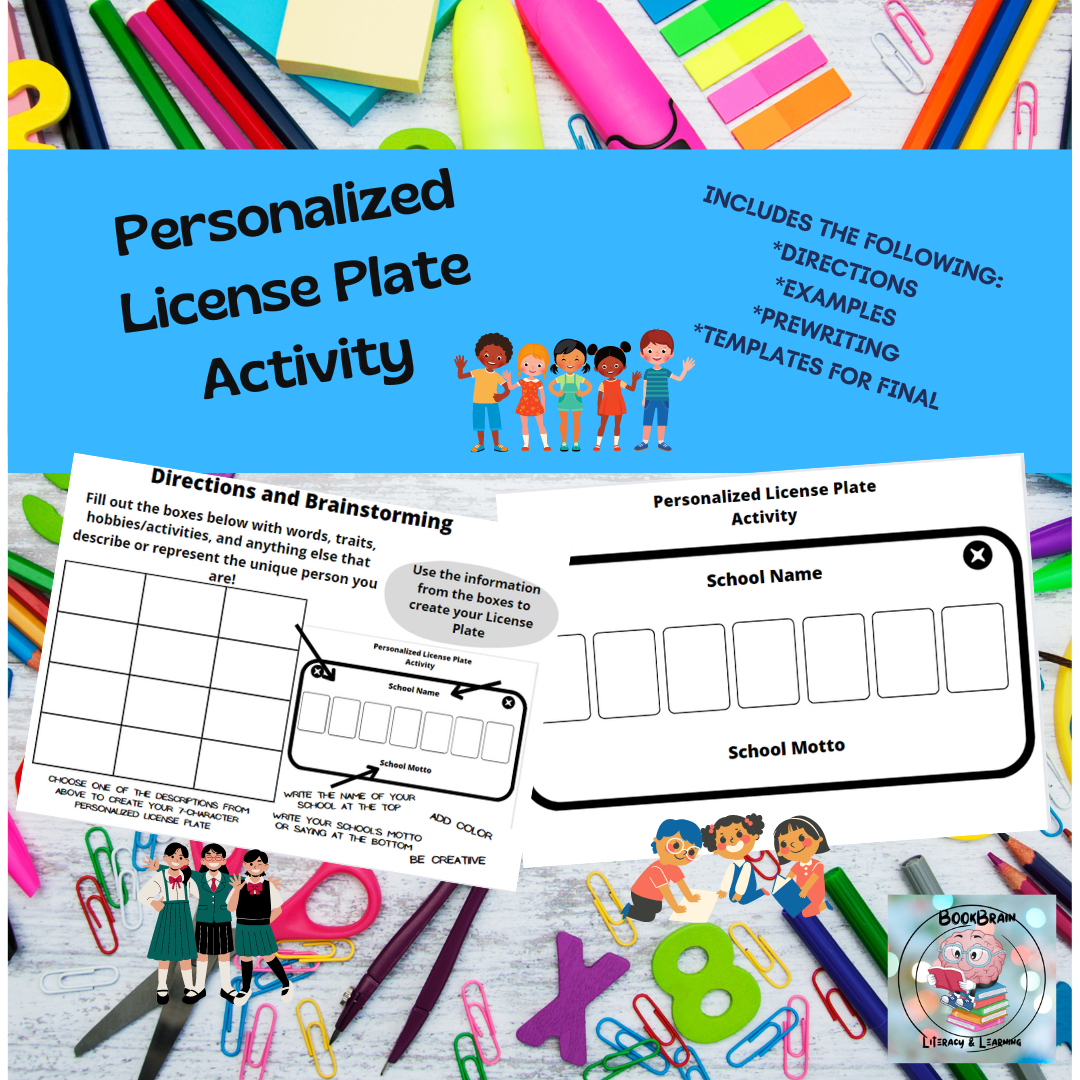Parenting with a good conscience involves taking a peaceful approach to parenting.
Parenting with a good conscience involves taking a peaceful approach to parenting.
It embraces various liberal and modern-day ideas of raising your child, including the concept of no punishment. But, it is far more extensive than that, which is why this article is meant to guide you on engaging in conscious parenting. As you may already suspect, this type of parental approach differs from mainstream or traditional parenting, which focuses on punishing the child for his or her unwanted behaviors.
However, the traditional approach is frowned upon as it sees the child as an object and involves a high level of control to keep the child obedient. It also encourages a high level of rebellion and interferes with the bond between the parent and child. Instead, here are some ways you can raise a happy, healthy, and emotionally stable child.


These tips encourage you to create a safe place where your child can express his needs and feelings and be confident that they will be met with empathy.
Children are like sponges, they say, absorbing everything they hear and see. So it is vital to create a nurturing environment that is peaceful and safe instead of chaotic and dysfunctional. Parental arguments, yelling, fighting, and stress should be absent from this environment, so the child does not experience them. This allows the child to explore his world freely and reduces the chance of developing fears or phobias that can interfere with social and emotional development.
Setting up a daily routine starting when the child is born helps to create a sense of stability in his or her environment. It also engenders trust, knowing that certain things will happen at a certain time of the day. There should be time to eat, play, be creative, bathe, and sleep.
Being able to predict these activities helps reduce stress and improves the child’s happiness and well-being. Your household is also organized, and you can better manage it with this structured system.
Parenting with a good conscience begins from the womb since the baby can hear you and what’s going on in your environment during pregnancy. Your attitude and tone of voice should convey calmness, patience, love, and kindness instead of being cruel, frustrated, degrading, or sarcastic. Making eye contact and lowering your body to speak with the child at eye level encourages respect during communication. Allow the child to speak and listen actively without interrupting or judgment before responding.
Giving your child plenty of room to explore and discover the world around them, at home and school, is essential to their social and emotional development. They will learn to build relationships with their peers, share, help, and resolve conflicts. You may feel the need to control them through regular directions and instructions. However, freedom in a safe environment allows them to observe, choose and even experience certain consequences of their actions. It also helps them to develop emotional maturity.
You can allow them to go to the park regularly, wash dishes, help with cooking, and take care of pets. Avoid interfering, criticizing, or shouting at them. Instead, practice patience and allow them to discover at their pace.
Traditional parenting allows the parent to respond punitively when the child misbehaves. Some parents are used to shouting, yelling, and demanding to know why their child is crying or engaging in unwanted behaviors. This almost instant reaction does not allow you to investigate and understand why the child may be acting out. The child also may not get the opportunity to express his or her feelings.
Instead, find out from your child what is causing the behavior and about their needs and feelings. Be empathetic and give the child a chance to feel secure and trust that their needs will be met without punishment once they express the reason behind their action.
Alfie Kohn, a writer on non-traditional parental approaches, set up these 13 principles of parenting which focus on moving from rewards and punishment to love and reason. You can write these down and pin the list to your refrigerator or someplace handy where you can continuously remind yourself how to parent with your child’s well-being in mind. The 13 principles:
So you see, parenting with a good conscience not only helps you treat the child with more respect, but it also encourages you to regulate your emotions and deepen the connection between you and your child. You should be able to shift your thinking to understanding and meeting their needs.
Furthermore, these parenting methods are not rules. They should be seen as a set of values that can help the child to develop and thrive. Your child is more likely to feel loved and grow up with familial security and happiness. It is a win-win in the end for the entire family.
If you enjoyed this article, please share! 🙂 Classful.com